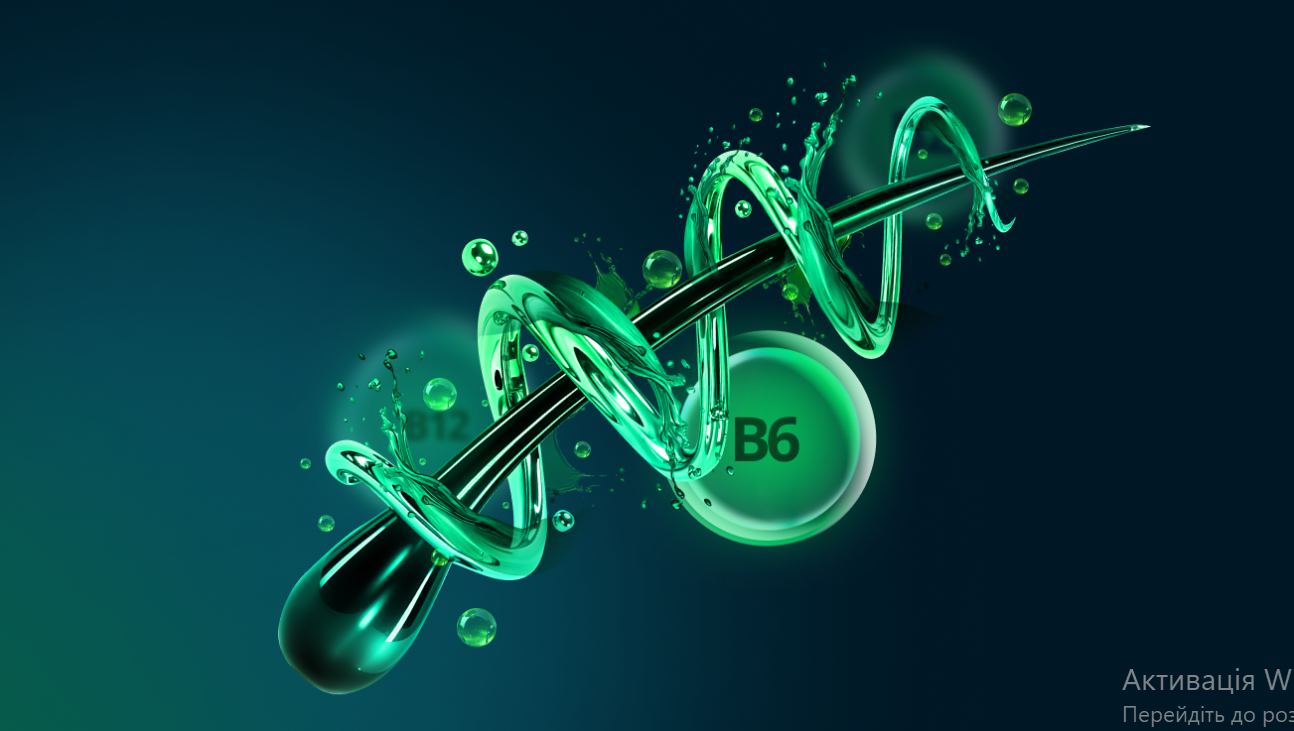
B vitamin deficiency: why is it important?
Although we tend to think of B vitamin deficiencies as rare, modern research shows that subclinical deficiencies affect 20–30% of the population.
1. Who’s at risk?
- People on vegan or vegetarian diets. These diets lack, or severely limit, sources of vitamin B₁₂ (cobalamin), which naturally occurs only in animal-based products.
- Older adults. As we age, the stomach produces less hydrochloric acid and intrinsic factor — a protein essential for absorbing B₁₂ in the small intestine. This also affects the bioavailability of B₆. As a result, chronic deficiencies can occur even when intake appears adequate.
- People under physical stress or intense mental strain. With high physical demands or chronic psychological stress, the body's need for vitamins like B₂ (riboflavin), B₃ (niacin), and B₅ (pantothenic acid) increases. These are involved in ATP (energy) production and the synthesis of corticosteroids — hormones that help us adapt to stress.
- Individuals with conditions like celiac disease, irritable bowel syndrome (IBS), or chronic enteropathies. These conditions damage the lining of the small intestine, impairing the absorption of nutrients, including folate (B₉) and cobalamin (B₁₂). This raises the risk of complications like anemia and neuropathy.
2. Why each B vitamin matters
B₁ (Thiamine)
Vital for carbohydrate metabolism and nerve signal transmission. Deficiency can lead to fatigue, poor concentration, and cognitive impairment. Severe cases may result in polyneuropathy.
B₂ (Riboflavin)
Supports cellular antioxidant defenses via FAD-containing enzymes. Deficiency may cause cracked corners of the mouth, peeling skin, and light sensitivity.
B₃ (Niacin or Vitamin PP)
A core part of the coenzymes NAD⁺ and NADP⁺, essential for energy production and DNA repair. Severe deficiency leads to pellagra — marked by dermatitis, diarrhea, and dementia.
B₅ (Pantothenic acid)
A component of coenzyme A, which is key to fat and carbohydrate metabolism and steroid hormone synthesis. Lack of B₅ causes fatigue, irritability, and low physical stamina.
B₆ (Pyridoxal phosphate, or PLP)
A coenzyme involved in the synthesis of neurotransmitters (including serotonin) and hemoglobin. Its deficiency can lead to anemia, mood disorders, irritability, and neurological symptoms.
B₇ (Biotin)
Supports carboxylation reactions — crucial for gluconeogenesis and lipogenesis. A lack of B₇ can lead to skin rashes, hair loss, and muscle weakness.
B₉ (Folic acid)
Essential for DNA synthesis, cell division, and the development of the fetal neural tube. Deficiency can cause megaloblastic anemia, growth delays, and birth defects during pregnancy.
B₁₂ (Cobalamin)
Important for DNA methylation, myelin formation in nerves, and red blood cell production. Deficiency results in neurological disorders, anemia, memory loss, and muscle weakness.
Common symptoms of B vitamin deficiencies:
-
Chronic fatigue, irritability, and “brain fog”
-
Cracks in mouth corners (B₂), dermatitis, and hair loss (B₇/B₆)
-
Numbness or weakness in the limbs (B₁₂)
Less common deficiencies:
-
B₇ (Biotin): Rare, as it is synthesized by gut bacteria.
-
B₅ (Pantothenic acid): Clinically significant deficiency is almost nonexistent today.
Key facts:
-
Your gut microbiome can produce up to 20% of your biotin (B₇) and folate (B₉), but dysbiosis may impair their absorption.
-
Chronic stress increases the loss of B₂ and B₃, as they’re used in adrenal corticosteroid synthesis.
3. Even a “healthy” diet might not meet your needs
- Heat sensitivity: Up to 30% of folate and B₆ can be destroyed by cooking or baking.
- Antinutrients: Phytates in grains and oxalates in spinach can bind B vitamins, making them harder to absorb.
Beyond cooking and food sources, other factors also contribute to hidden B vitamin deficiencies in today’s diet:
-
Soil depletion:
Intensive farming and monoculture reduce micronutrient content in soil, lowering the vitamin content of crops. -
Long supply chains and storage:
Prolonged warehouse storage, transport, and repeated chilling or thawing degrade fragile, water-soluble vitamins (especially B₁, B₂, B₉). -
Ultraprocessed foods:
Fast food, snack bars, sauces, and ready meals provide “empty” calories with minimal vitamin and mineral content, often rich in simple sugars. -
Trendy restrictive diets:
Vegan, gluten-free, or keto diets may limit sources of B₉ and B₁₂ (like liver, dairy, brewer’s yeast, and whole grains) if not properly balanced. -
Medications that interfere with absorption:
– Proton pump inhibitors (e.g., omeprazole) reduce B₁₂ absorption..
– Metformin can lower B₁₂ levels by 10–30%.
– Oral contraceptives and some antibiotics disrupt gut flora and folate absorption. -
Alcohol consumption:
Chronic ethanol use inhibits enzymes that convert B₁ (thiamine) and B₉ to their active forms.
How Greespi’s B vitamins work efficiently:
-
Active coenzyme forms:
Many of the B₁, B₂, B₆, B₉, and B₁₂ vitamins in Greespi are already methylated or phosphorylated — meaning your body can use them immediately in biochemical reactions, without spending extra energy converting them. Greespi preserves these bioactive compounds without thermal degradation. -
Free from antinutrients:
Unlike grains and legumes, Greespi contains no phytates, oxalates, or tannins that can inhibit B vitamin absorption from plant sources. -
Easily digestible cell structure:
The microalgae Arthrospira in Greespi has no cellulose wall, unlike plant foods. Its structure is easily broken down by digestive enzymes, quickly releasing vitamins and minerals in the small intestine. -
Synergy with antioxidants and peptides:
Greespi includes C-phycocyanin — a powerful antioxidant pigment — along with others that help protect B vitamins from breakdown in the stomach and keep them stable until absorption.
How to include Greespi in your routine:
-
1–2 servings per day as an additional source of B vitamins, especially during times of stress, physical exertion, or dietary restrictions.
-
After illness or antibiotic use to support faster recovery of gut microbiota and neurometabolism.
Neurometabolism refers to brain processes involved in energy production, neurotransmitter synthesis, and DNA repair in neurons — all of which rely heavily on B₁, B₆, B₉, and B₁₂. -
While following vegan, gluten-free, or keto diets — as a natural source of complete protein and B vitamins, free of allergens, gluten, and synthetic additives.
Would you like to try?
Select the desired option:

to try Greespi

To last for a month

for the whole family